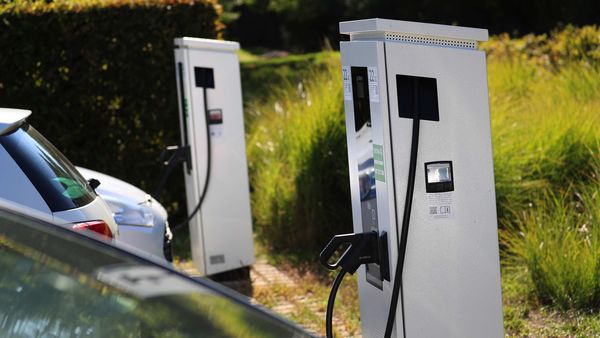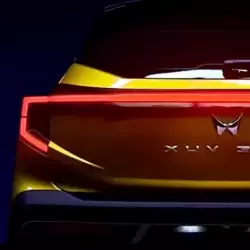Why UK has big dreams but little action to show for EV charging stations


The United Kingdom plans to cancel gas-powered vehicles by 2040—or even 2030—but there appears to be a disconnect between that goal and public funding for electric-car charging.
Slightly less than half of the UK’s roughly 400 local councils received government funding to build or maintain vehicle charging stations in the past 12 months, according to the results of a wide-ranging public records request just released by DevicePilot, a London-based company that sells software for monitoring connected devices, including EV chargers. Less than 1 in 3 councils have a comprehensive plan for installing public charging stations.
Also check these Vehicles
“Charging has got to become boringly reliable," said DevicePilot Chief Executive Officer Pilgrim Beart. “At the current rate, it looks like we’ll be struggling to hit that by 2030."
Also Read : Survey in UK finds kids key in convincing parents to buy EVs
The UK plans to ban the sale of gas-powered vehicles by 2040, though Prime Minister Boris Johnson is seeking to move that ultimatum up by eight to 10 years. The bulk of planned chargers and public investment is clustered in and around London and throughout Scotland and Wales. Rural England seems to be largely left out of the loop on charging funds, according to the data. These are areas where private-sector charging companies will most struggle to turn a profit.
(Related read: Why are electric cars expensive? The cost of making and buying an EV explained)
Colin McKerracher, head of advanced transport insight at BloombergNEF, said the numbers are worrying. “It’s somewhat at odds with this really aggressive growth story that the UK is talking about to fully phase out gas vehicles," he said. “If you’re going to hit that national target, you need to be really investing heavily in charging infrastructure every year."
UK governments have plans to install some 5,232 EV charging stations by the end of 2021, mostly in and around London. That would represent a 38% increase over the stations currently available. While London is the charging capital of Europe, England trails the Netherlands, France and Germany in total number of vehicle charging cords, according to data collected by BloombergNEF.
The concern among environmental groups and within the electric-vehicle economy is that a scarcity of charging points will delay wider adoption of battery-powered cars and trucks. If EV sales slow, infrastructure investment could drop as well, deepening a cycle of skepticism.
In a separate survey, DevicePilot found that a dearth of charging stations was one of the largest barriers to EV adoption, ranked closely with range anxiety and cost. “It’s always a chicken-and-egg thing," Beart said. “Charging infrastructure led adoption to begin with, but I think that’s in real danger now of being outstripped by EV demand."
For the moment, at least, the market is surging ahead, in part because automakers are required to hit new lofty carbon targets in Europe. In the year through June, EV sales in the U.K. surged by 80 percent, compared with the year-earlier period, a much larger gain than the wider region, according to BloombergNEF. UK drivers now account for 13% of EV purchases in Europe, the Middle East and Africa.
Brexit, however, could put the brakes on the U.K. auto market overall and undermine British climate goals. Without a free-trade agreement on cars and trucks, UK drivers would spend almost £2,800 ($3,700) more for an electric vehicle made in the European Union, according to a statement by the Society of Motor Manufacturers and Traders. If that dynamic plays out, the charging chicken will be ahead of the egg once again … or vice versa.








 11.6 kwh
11.6 kwh 344 km
344 km

















